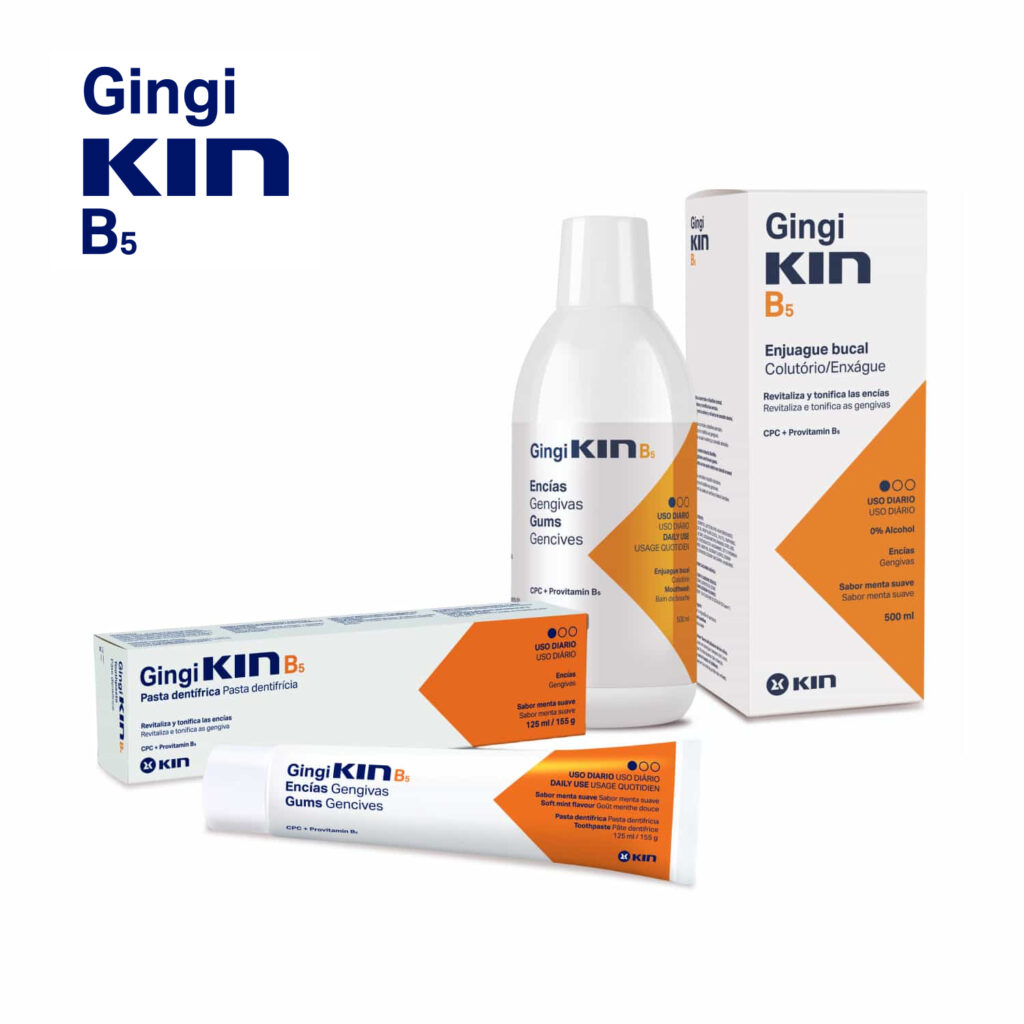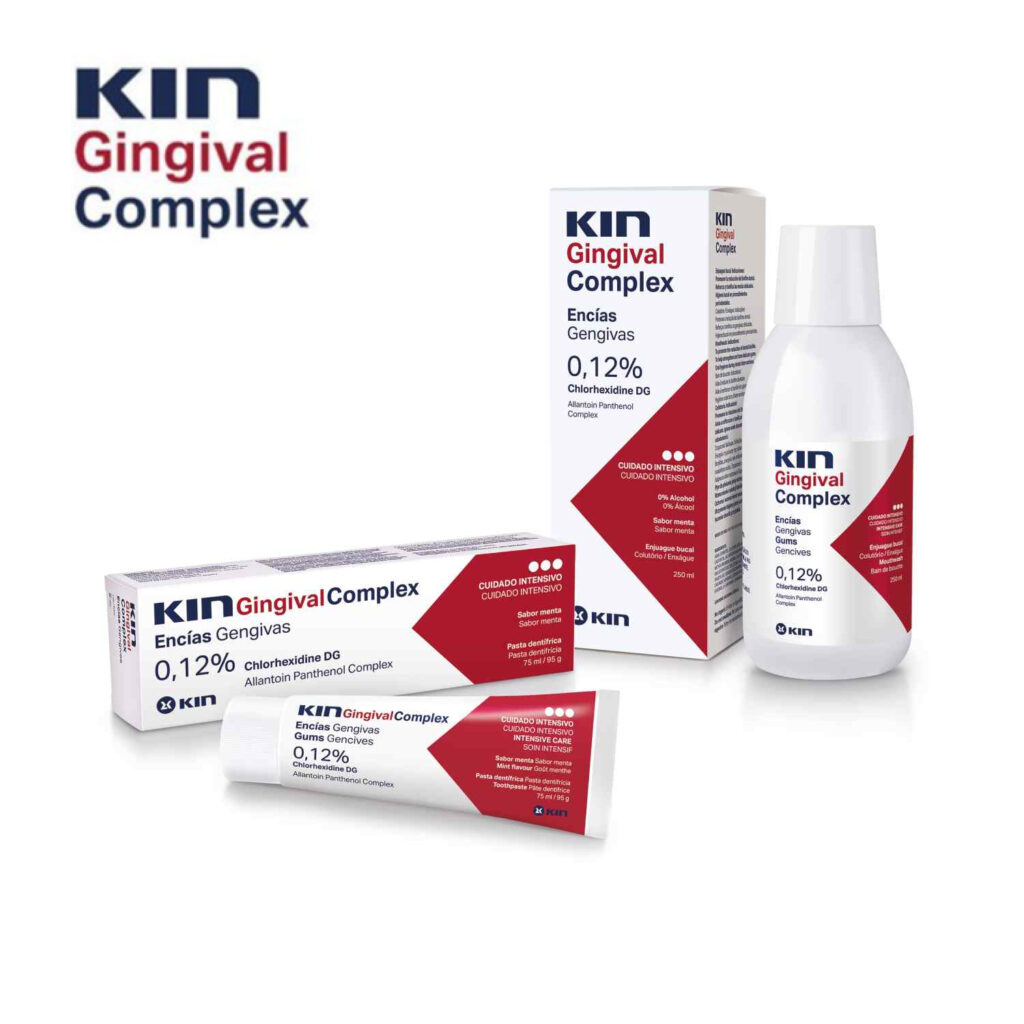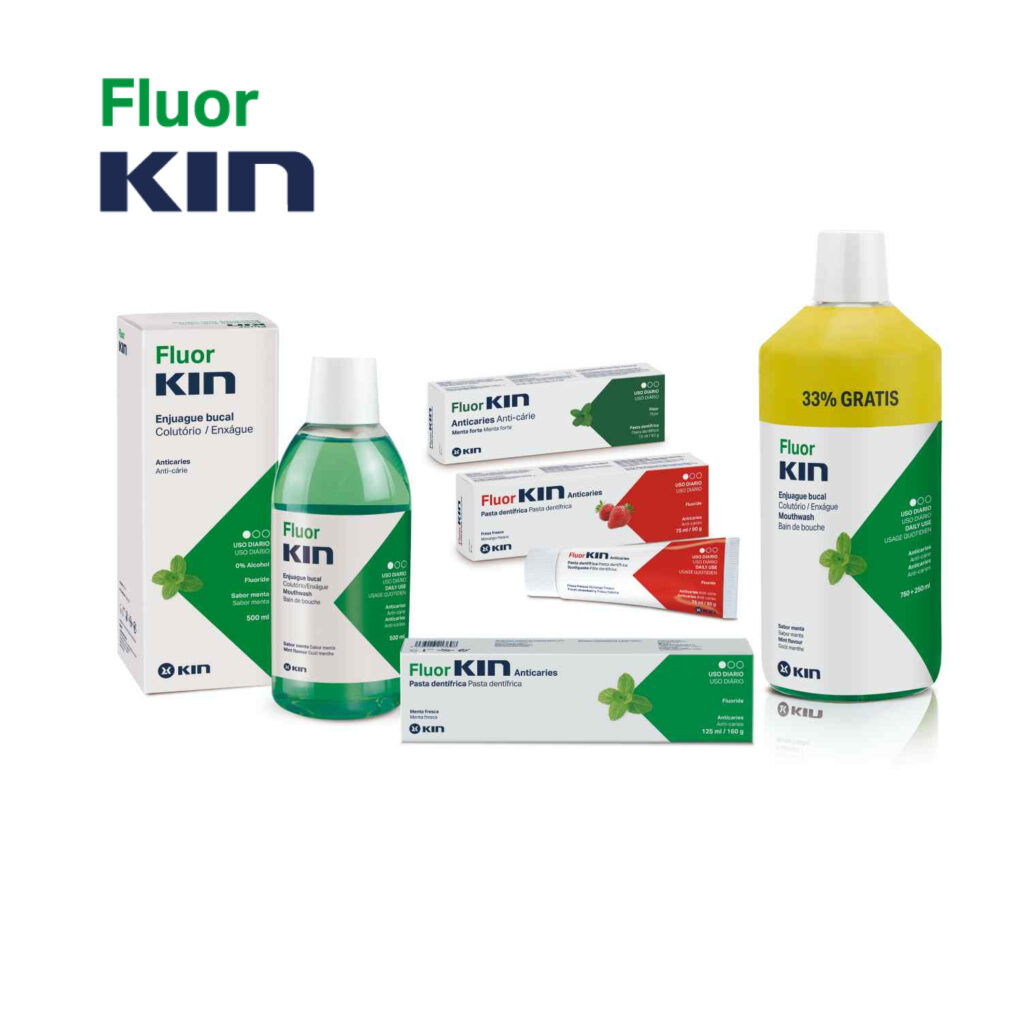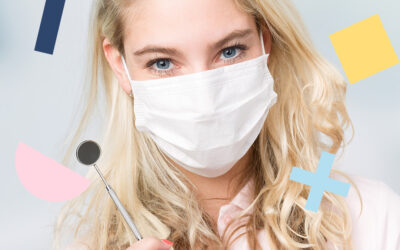The use of Mouthwash is an elementary part of your daily oral hygiene routine. Do you know if you are using it correctly? It is very important to know how to use the Mouthwash step by step, as well as to choose the most suitable one according to your needs.
Through this complete guide we will analyze all the points of interest to increase the level of effectiveness of this type of product. Make the most of its properties and get a deeper and more effective cleaning for the whole family with these simple tips.
What is Mouthwash and why is it so important?
The Mouthwash or mouthwash is an aqueous or hydroalcoholic solution that may contain a series of active ingredients effective in the elimination of bacteria, viruses and fungi in the mouth found on teeth, gums and mucous membranes. Its function is usually to complement brushing and to provide fresher breath.
Some people use Mouthwash to avoid bad breath, to fight or treat gingivitis or to prevent tooth decay. However, mouthwash never replaces brushing or flossing, but acts as a complement to other actions to maintain good oral health and hygiene.
The effectiveness of Mouthwash is directly related to its correct use and the type of product chosen according to the needs of each person. Knowing which are the habits for a perfect oral hygiene is the first is the first step to better overall health.
When to use Mouthwash?
It is recommended to use Mouthwash 2 or 3 times a day, always after brushing. This way, more efficient results are achieved, ensuring a complete oral hygiene.
Depending on the type of mouthwash, the instructions for use may vary. It is very important to always consult the instructions for use that accompany the product. There are rinses that can be used daily as part of the normal hygiene routine, and others for therapeutic use that can only be used on specific occasions and for a limited time.
How often to use the rinse
The basis of oral hygiene is brushing, using a toothbrush and a specific toothpaste for each member of the family. Brushing should be done after every meal, but above all it is very important to do it before going to bed. Just at the end, we will complement the hygiene with the use of mouthwash.
Like the toothbrush and toothpaste, Mouthwash can be used as many times as necessary throughout the day. The best time is after eating, performing a complete routine using the most appropriate techniques.
How much rinse to use
The amount of rinse to be used is always indicated in the product instructions. This is usually between 10 to 15 ml approximately. Mouthwashes do not need to be diluted before use, unless otherwise indicated in the instructions for use, as this may affect their efficacy.
This is the amount that we will put directly inside the mouth to make a complete rinsing of the oral cavity.
How long the rinse is left in the mouth
Likewise, we will have to follow the product's Indications with respect to the recommended usage time. For most mouthwashes, the average recommended time will be between 30 seconds and one minute.
Remember that mouthwashes are not swallowed, as their benefits are limited to the oral cavity. However, its composition is harmless when a small amount is swallowed during use, which is especially important in the case of its use in young children who are learning to use it. Maintain a healthy mouth with daily care routines.
Discover our products for daily oral care

Types of mouthwashes
The formulation of mouthwashes varies depending on the purpose for which they are designed. It can be between a daily use Mouthwash or a specific one for therapeutic use.
In general, the main types of mouthwashes on the market have the following actions:
- Anti-caries remineralization (sodium fluoride, sodium monofluorophosphate, tin fluoride, amine fluoride, dibasic calcium phosphate fluoride).
- Therapeutic or preventive of periodontal or gum disease (chlorhexidine, triclosan, hexetidine, sanguinarine, thymol, eucalyptol, quaternary ammonium derivatives).
- Action against hypersensitivity (strontium chloride, aluminium lactate, potassium nitrate).
- Action against bad breath (chlorophyll, triclosan, chlorhexidine, sodium bicarbonate, chlorine dioxide).
- Hygiene and anticaries protection for children (sodium fluoride, xylitol, calcium glycerophosphate).
There are certain functions of mouthwashes that can be altered when using toothpastes with certain components. What can we do to prevent this from happening? The best thing to do is to use toothpastes of the same line of daily oral care or specific toothpaste than Mouthwash to enhance the effect of both.
Recommendations for a good use of the Mouthwash
To all these tips on how to use Mouthwash that we have already seen, we can add some extra recommendations:
- Make a good choice of the type of mouthwash that best suits your needs.
- Always follow the instructions for use of a professional or those established by the manufacturer.
- Avoid the use of mouthwashes in children under 5 years of age.
- For children aged 5 years and older, choose an age-appropriate 'infant' or 'junior' mouthwash.
- Avoid excessive or erroneous use of chlorhexidine mouthwashes, since, under certain circumstances, they may cause staining of the teeth.
- Avoid using mouthwashes with alcohol as it may affect saliva production.
- Always consult with your dentist about which product is best for you, and combine it with a good toothpaste and a suitable toothbrush.
- Don't forget to perform a complete oral cleaning by brushing and flossing.
Do you already know how to use Mouthwash correctly? Do you use it every day after brushing?

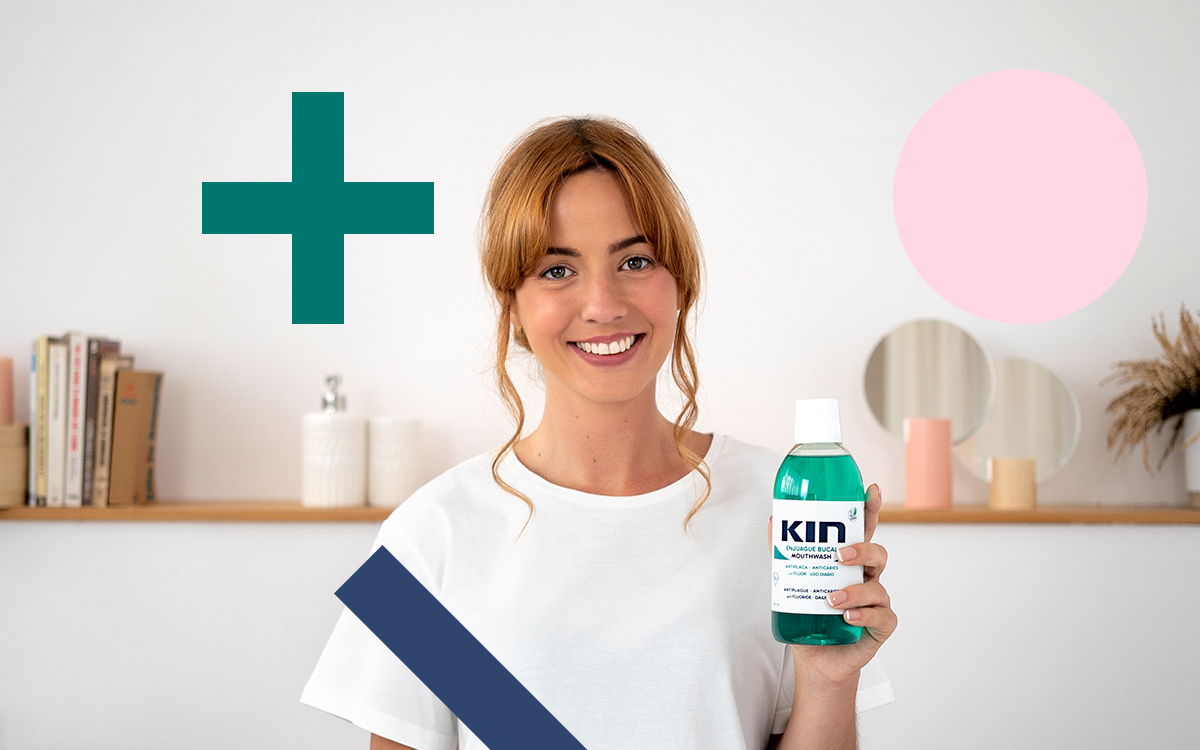
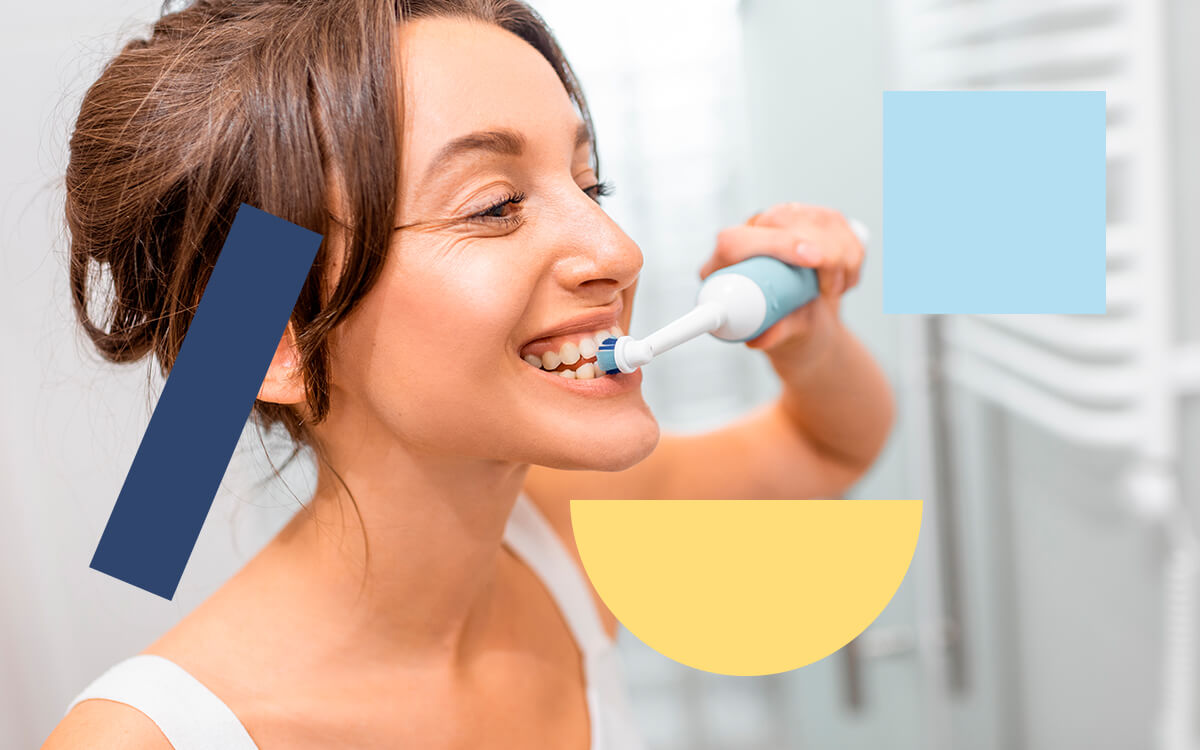 What to consider when choosing the best electric toothbrush?
What to consider when choosing the best electric toothbrush? How to relieve pain with newly placed braces?
How to relieve pain with newly placed braces? How to keep your breath fresh?
How to keep your breath fresh?